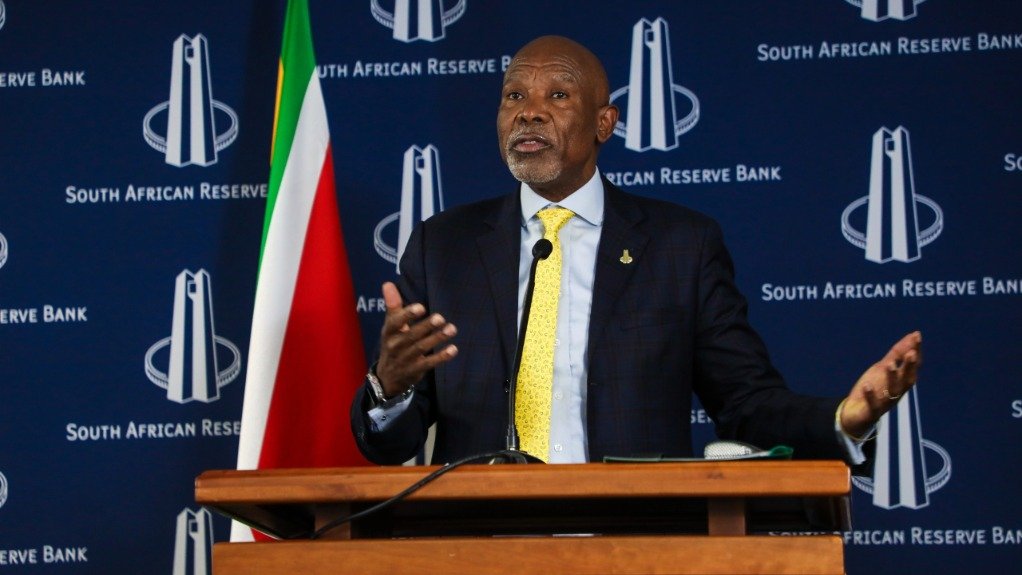Reserve Bank Governor Lesetja Kganyago emphasised the benefits of a lower inflation goal, saying it could save the government as much as R900-billion over a decade in debt-service costs.
“What we are showing by lowering the inflation target is that government will be able to save in debt servicing costs,” Kganyago told an audience at the release of the bank’s semi-annual Monetary Policy Review on Thursday in the capital, Pretoria. “Over a 10 year period, we estimate that to be about R900-billion. To take a straight line over 10 years, it’s about R90-billion a year.”
South Africa currently spends 22 cents of every rand on debt-service costs, crowding out investment in health and education.
Kganyago noted the debt-savings would dwarf the R60-billion the National Treasury expected to raise in the current fiscal year from a two-percentage-point value-added tax hike that was later scrapped after opposition from members of a coalition government, including the Democratic Alliance.
The governor announced in July that the central bank’s monetary policy decisions will now be guided by aiming at the floor of its 3%-to-6% inflation target instead of its previous objective of the midpoint of that range.
The South African Reserve Bank has argued that the current inflation target, which has not been reviewed since it was first adopted in 2000, is too high and wide, and that striving for 3% would help lower borrowing costs and make the nation more competitive among its trading partners.
Since the July announcement, the yield on the South African benchmark 10-year bond has fallen 85 basis points to 8.95%, break-even rates, which show market expectations for inflation, have declined and the rand has strengthened nearly 4% against the dollar.
“Overall, the decline in long-term bond yields and inflation expectations suggests that markets see the 3% inflation objective as realistic and believe that it will help keep inflation steady,” according to the MPR. “Further gains are likely to emerge from the formal adjustment of the inflation target.”
A new inflation targeting framework is yet to be formally ratified by Finance Minister Enoch Godongwana, who is due to deliver an update on the nation’s budget on November 12.
EMAIL THIS ARTICLE SAVE THIS ARTICLE FEEDBACK
To subscribe email subscriptions@creamermedia.co.za or click here
To advertise email advertising@creamermedia.co.za or click here











